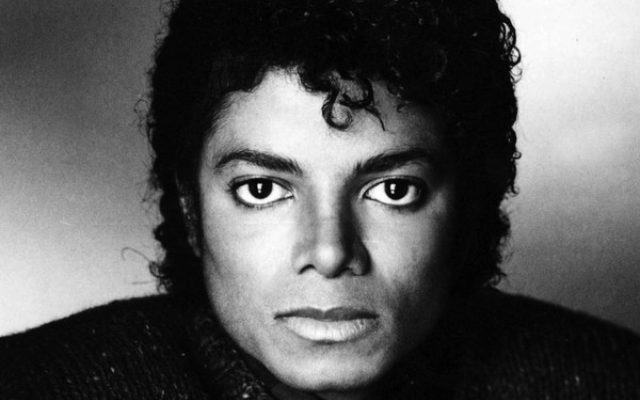Some fans were skeptical when Epic Records and Sony Music Entertainment released the album and claimed that some of the tracks were not performed by Michael Jackson but by an impostor. Katherine Jackson, Michael’s mother, concurred.
In 2014, fan Vera Serova brought a Class Action lawsuit against Michael’s longtime friend Eddie Cascio and his brother’s production company, Angelikson Productions LLC, accusing them of producing fake songs and then selling them through Michael’s estate and Sony Music Entertainment.
James Porte, a supposed co-writer of twelve controversial songs of Michael’s including the three stated above, was also named in the case.
Eddie and James claimed that these songs were recorded in James’ New Jersey basement in 2007 but failed to provide any concrete evidence to support it. Vera argued In a Los Angeles Superior Court that the songs were fake and performed by an impersonator, Jason Malachi.
Vera claimed several inconsistencies in the manner these songs came to fruition, which is supported by a 41-page report by forensic audiologist Dr. George Papcun, who concluded by research that the songs were not sung by Michael.
Vera had several pieces of evidence based on concern from Michael’s support team that the three songs didn’t include the legendary singer’s signature foot taps and finger snaps.
In December of 2016, lawyers for Sony Music and the estate finally conceded that the songs mightactually be fakes. They said that Sony and the Estate had taken Eddie and James at their word and failed to make their own investigation.
The argument was not accepted by the presiding Judge Ann I. Jones of the Los Angeles Superior Court. “What is problematic is that you are ripping people off under your admitted facts,” she said. Zia Modabber, the lawyer for Sony and the Estate, tried to shift the blame on the co-defendants Eddie and James by saying that they “failed to disclose to Sony or the Estate that Michael Jackson did not provide the lead vocals.” Judge Jones did not agree with Zia’s argument: “I think what he is saying here is. ‘We were as duped as the Plaintiffs. We didn’t know you guys were recording stuff in a basement that wasn’t recorded by Michael. You told us it was Michael. We believed it was Michael. And if there is a bad guy here, who was engaging in false commercial speech, it’s not us.’”
Sony and the Estate appealed the ruling, and on August 21, 2018 the California Court of Appeal heard the oral argument in the appeal where Sony Music conceded that the three songs ‘Breaking News’, ‘Keep Your Head Up’ and ‘Monster’ featuring 50 Cent was indeed performed by an impersonator and not Michael Jackson.
They did this for the purpose of the current argument on appeal. They argued they had the right to sell the songs as Michael Jackson’s even if the iconic artist wasn’t the singer. The three judges in the case have to now decide on the matter. They have 90 days.
This stage is just an intermediate appeal of Sony and the Jackson Estate’s First Amendment defense. The Court of Appeal will decide whether they should stay as defendants in the case or should be dismissed and allowed to continue selling the album deceptively.
The case against Cascio brothers is very strong but the court has to make an important decision regarding Sony’s involvement in the fraud. If the court decides Sony’s part as “non-commercial speech,” they will be let off as defendants and the case against Cascio brothers will move further.
Sony is arguing that the songs were provided to them by the Cascio Brothers and James as original Michael Jackson songs which they believed good faith.
Note: Commercial speech is the advertising of a product or service through printed materials, broadcast or the Internet. It is a commercial speech when your competitor blatantly lies in its advertising about the effectiveness of its products.
*Some content by Navjosh.




